Home>Interior Design>Cleaning With Lemon Juice: 12 Things You Can Clean With Lemon
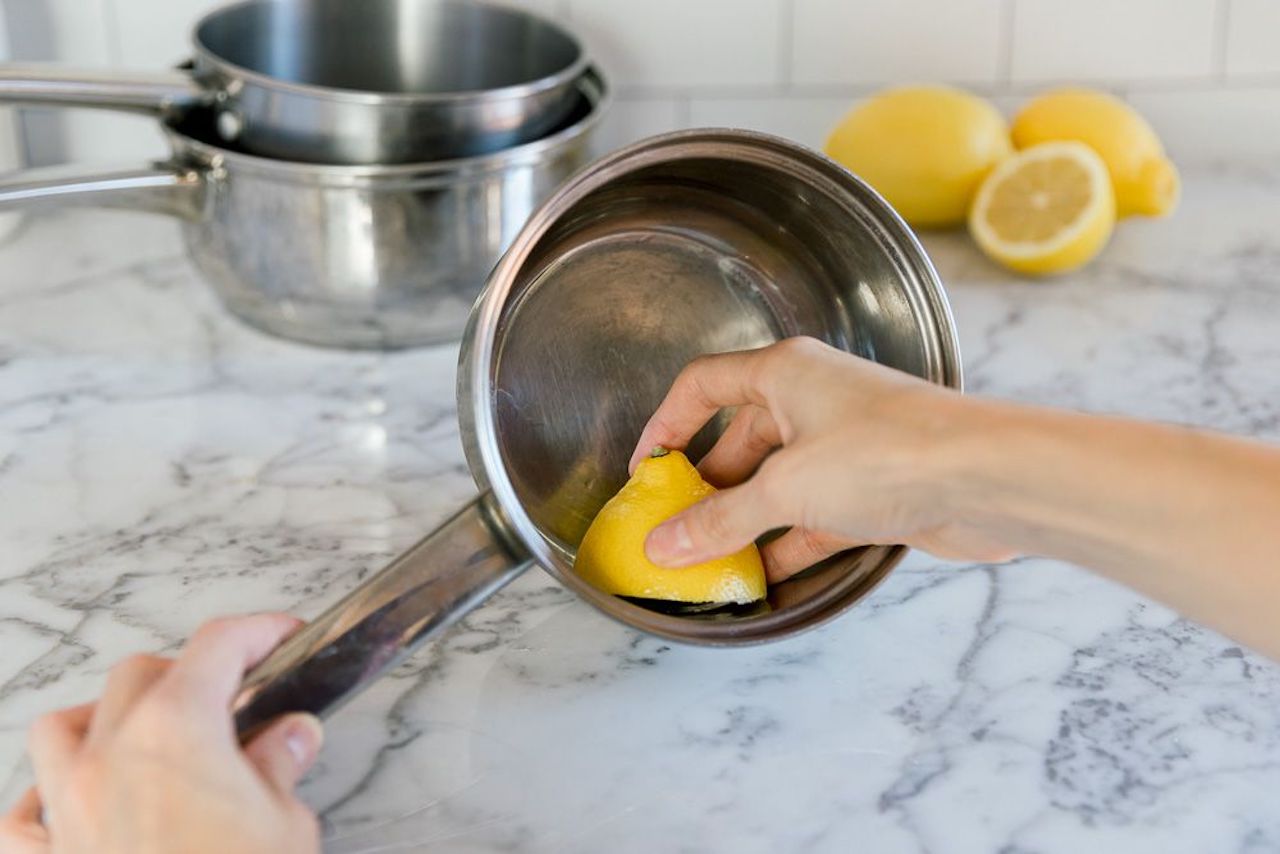

Interior Design
Cleaning With Lemon Juice: 12 Things You Can Clean With Lemon
Modified: October 30, 2024
Boost your interior design with the power of lemon juice. Discover 12 surprising things you can clean using natural lemon juice. Elevate your cleaning routine now!
(Many of the links in this article redirect to a specific reviewed product. Your purchase of these products through affiliate links helps to generate commission for Storables.com, at no extra cost. Learn more)
Introduction
Welcome to the world of natural and eco-friendly cleaning solutions! When it comes to keeping our homes clean and fresh, many of us turn to traditional cleaning products that are filled with chemicals. However, there are alternatives that not only clean effectively but also have numerous benefits for our health and the environment. One such solution is lemon juice.
Lemon juice is a versatile ingredient that can do wonders in various aspects of our lives, including cleaning. Its natural acidity and antibacterial properties make it an excellent choice for tackling dirt, stains, and odors. Plus, it leaves a refreshing citrusy scent behind, creating a pleasant atmosphere in your home.
In this article, we will explore twelve different ways you can use lemon juice to clean various surfaces and items around your house. From the kitchen to the bathroom and beyond, lemon juice can work its magic and leave your space sparkling clean.
So, put on your cleaning gloves and grab a few lemons as we dive into the world of natural cleaning with lemon juice!
Key Takeaways:
- Embrace the power of lemon juice as a natural, eco-friendly, and versatile cleaning solution for your home. From kitchen to bathroom, enjoy its effective cleaning properties and refreshing citrus scent.
- Discover the remarkable benefits of using lemon juice to clean and freshen up various surfaces and items in your home. Enjoy a naturally clean and inviting living space with this eco-friendly solution.
Read more: Surprising Things You Can Clean With Vodka
Cleaning the Kitchen
The kitchen is the heart of every home, and keeping it clean is essential for maintaining a healthy environment. Lemon juice can be a fantastic ally in your kitchen cleaning routine. Here’s how you can put it to use:
- Countertops: Lemon juice can effectively remove stains and disinfect countertops. Dilute lemon juice with water and wipe down the surface. For tough stains, let the mixture sit for a few minutes before wiping it clean.
- Cutting Boards: Over time, cutting boards can develop stains and odors. Cut a lemon in half and rub it directly on the surface of the cutting board. Allow it to sit for a few minutes, then rinse off. The natural acidity of lemon juice will help remove stains and neutralize odors.
- Microwave: Is your microwave filled with stubborn food stains and unpleasant odors? Place a bowl filled with water and lemon juice inside the microwave. Heat it for a few minutes until it starts to steam. Then, simply wipe away the stains with a sponge, and the lemon will leave a fresh scent behind.
- Sink: The kitchen sink can quickly accumulate grime and odors. Cut a lemon in half and scrub the sink with it. The acidic properties of lemon juice will help break down grease and remove stains. Rinse the sink thoroughly afterward for a sparkling clean finish.
- Stovetop: Lemon juice can be an effective cleaner for stovetops, especially if they have stubborn stains or greasy residue. Mix lemon juice with a bit of baking soda to form a paste. Apply the paste to the stovetop and let it sit for a few minutes. Then, scrub gently with a sponge or cloth and rinse off with water.
Cleaning your kitchen with lemon juice not only removes dirt and grime but also leaves a fresh and citrusy aroma. Plus, you can have peace of mind knowing that you’re using a natural and safe cleaning solution.
Next up, we’ll explore how lemon juice can freshen up the refrigerator and keep your kitchen smelling delightful.
Freshening up the Refrigerator
The refrigerator is an essential appliance in every kitchen, responsible for keeping our food fresh and safe to consume. However, over time, it can develop odors that can be quite unpleasant. Luckily, lemon juice can help freshen up your refrigerator and eliminate unpleasant smells. Here’s how:
- Deodorize: Cut a lemon in half and place it in a small bowl. Leave the bowl on one of the shelves in your refrigerator. The natural citrus scent of the lemon will absorb and neutralize any lingering odors, leaving your fridge smelling clean and fresh.
- Clean the Shelves: Mix equal parts lemon juice and water in a spray bottle. Spray the mixture onto the shelves and wipe them down with a clean cloth. The acidity of the lemon juice will help remove any residue or stains, leaving your shelves sparkling clean.
- Fighting Mold and Mildew: If you notice any signs of mold or mildew in your refrigerator, lemon juice can help eliminate them. Dilute lemon juice with water and use a sponge or cloth to wipe down the affected areas. The citric acid in lemon juice has antifungal properties that can help combat mold and mildew growth.
By using lemon juice to freshen up your refrigerator, you can enjoy a clean and odor-free environment for storing your food. Plus, you won’t have to rely on chemical-laden air fresheners or cleaners to achieve the desired results.
Next on our list, we’ll discover how lemon juice can effectively remove stains from cutting boards, extending their lifespan and keeping them hygienic.
Removing Stains from Cutting Boards
Cutting boards are essential tools in every kitchen, but over time, they can develop unsightly stains from fruits, vegetables, and other ingredients. These stains not only make the cutting boards look dirty but also harbor bacteria. Lemon juice can be a powerful natural solution to remove these stains effectively. Here’s how:
- Lemon Juice Scrub: Sprinkle coarse salt or baking soda on the stained cutting board. Next, cut a lemon in half and use one of the halves to scrub the surface of the cutting board. The acidic nature of the lemon juice combined with the abrasive salt or baking soda will help lift and remove the stains. Rinse the board thoroughly with water afterward.
- Bleaching Effect: Lemon juice also has a natural bleaching effect, which can further aid in stain removal. Apply lemon juice directly to the stains on the cutting board and let it sit for a few minutes. Then, scrub the area with a brush or sponge. Repeat the process if necessary until the stains have faded.
- Disinfecting: Lemon juice not only removes stains but also acts as a natural disinfectant for cutting boards. Its acidic properties can help kill bacteria and reduce the risk of cross-contamination. After removing the stains, rinse the cutting board with water and allow it to air dry.
By regularly using lemon juice to remove stains from your cutting boards, you can keep them in pristine condition and ensure a hygienic food preparation surface.
Next, we’ll explore how lemon juice can brighten up dull dishes and make them look as good as new.
Brightening up Dull Dishes
Over time, dishes and utensils can lose their shine and develop a dull appearance. Fortunately, lemon juice can come to the rescue and restore the sparkle to your dishware. Here’s how you can use lemon juice to brighten up dull dishes:
- Removing Mineral Deposits: Mix equal parts lemon juice and water in a bowl. Submerge the dull dishes or utensils in the mixture and let them soak for a few minutes. Lemon juice has natural acidic properties that can help dissolve mineral deposits, such as calcium or lime scale, that may be causing the dullness. After soaking, rinse the dishes thoroughly with water and dry them with a clean cloth.
- Polishing Stainless Steel: If you have dull or tarnished stainless steel utensils or pots, lemon juice can help restore their shine. Cut a lemon in half and rub it onto the surface of the stainless steel item. The acid in the lemon juice will help remove stains and brighten the metal. Rinse the item with water and dry it with a soft cloth for a polished finish.
- Refreshing Glassware: Lemon juice can also help remove stains and cloudiness from glassware. Create a mixture of lemon juice and warm water in a sink or basin. Submerge the glassware in the mixture and let it soak for a few minutes. Then, scrub the glasses gently with a sponge or cloth to remove any residue or stains. Rinse the glassware thoroughly and dry it with a lint-free cloth to achieve a sparkling clean finish.
By utilizing the natural power of lemon juice, you can revitalize your dull dishes and bring them back to life. Not only will your dishes look better, but you’ll also feel more confident while serving your meals.
In the next section, we’ll explore how lemon juice can effectively remove odors from the microwave, leaving it smelling fresh and clean.
Removing Microwave Odors
The microwave is a kitchen appliance that often absorbs food odors, leaving a lingering smell every time you use it. If you’re tired of unpleasant odors in your microwave, lemon juice can help eliminate them effectively. Here’s how:
- Lemon Steam: Fill a microwave-safe bowl with water and add a few tablespoons of lemon juice. Place the bowl in the microwave and heat it for a couple of minutes until it starts to steam. The steam created by the mixture will help loosen any food residue and neutralize odors. After heating, leave the door closed for a few minutes to allow the steam to work its magic. Then, open the microwave and wipe away the softened residue with a clean cloth or sponge.
- Lemon Vinegar Solution: Another effective method involves mixing equal parts lemon juice and white vinegar in a microwave-safe bowl. Place the bowl in the microwave and heat it for a few minutes until it starts to bubble. The combination of lemon juice and vinegar will effectively neutralize the odors, making it easier to wipe away any residue.
- Refreshing Odors: To leave a refreshing scent in your microwave, you can combine lemon juice with a few drops of your favorite essential oil. Mix the ingredients in a spray bottle and spritz the interior of the microwave. The lemon juice will help remove odors, while the essential oil will leave a pleasant aroma behind.
By using lemon juice to remove odors from your microwave, you can ensure a fresh and clean cooking environment. Say goodbye to lingering food smells and enjoy a more pleasant experience when using your microwave.
Next, let’s explore how lemon juice can effectively clean the coffee maker, ensuring a flavorful and fresh brew every time.
Cleaning the Coffee Maker
Our trusty coffee makers work hard to provide us with our daily dose of caffeine. However, over time, they can accumulate mineral deposits, oils, and residue that can affect both the taste and performance of our coffee. Lemon juice can be a natural and effective solution for cleaning and maintaining your coffee maker. Here’s how:
- Descale the Coffee Maker: Mineral deposits from water, known as scale, can build up inside your coffee maker and affect the taste of your brew. Fill the water reservoir of your coffee maker with equal parts lemon juice and water. Run a brew cycle as you normally would, allowing the lemon juice mixture to flow through the machine. The acidic properties of lemon juice will help dissolve the scale, leaving your coffee maker clean and ready for use.
- Clean Removable Parts: If your coffee maker has removable parts, such as the filter basket or carafe, you can soak them in a mixture of lemon juice and water. This will help remove any residual oils or stains. After soaking, rinse the parts thoroughly with water and let them air dry before reassembling your coffee maker.
- Remove Coffee Stains: Coffee stains can accumulate on the inside of the carafe or the coffee pot, making them look dingy. Fill the stained area with lemon juice and let it sit for a few minutes. Then, scrub the stains with a brush or sponge until they are lifted. Rinse thoroughly with water to remove any remaining residue.
- Wipe Down the Exterior: The exterior of your coffee maker can accumulate oils, fingerprints, and other grime. Wipe down the surfaces using a cloth dampened with lemon juice. The acidity of the lemon juice will help cut through the grease and leave a fresh scent.
Regularly cleaning your coffee maker with lemon juice not only improves the taste of your coffee but also extends the life of your machine. So, give your coffee maker some TLC with the power of lemon juice!
In the next section, we’ll dive into how lemon juice can effectively remove hard water stains, giving your bathroom fixtures a sparkling shine.
When using lemon juice to clean, always test it on a small, inconspicuous area first to ensure it doesn’t cause any damage to the surface.
Removing Hard Water Stains
Hard water stains can be a common issue in bathrooms, leaving unsightly marks on fixtures like sinks, faucets, and showerheads. Lemon juice can be an effective natural solution for removing these stubborn stains. Here’s how you can use it:
- Lemon Juice Spray: Fill a spray bottle with undiluted lemon juice. Spray the lemon juice directly onto the hard water stains and let it sit for a few minutes. The acidic properties of lemon juice will help break down the minerals in the stains. Use a cloth or sponge to scrub the stained area gently. Rinse with water, and you’ll see a noticeable improvement in the appearance of your bathroom fixtures.
- Lemon and Baking Soda Paste: Create a paste by mixing lemon juice and baking soda until it forms a thick consistency. Apply the paste to the hard water stains and let it sit for about 15 minutes. Then, scrub the area with a brush or sponge, focusing on the stubborn stains. Rinse thoroughly with water to reveal a clean and shiny surface.
- Soak Showerheads and Faucet Aerator: If your showerhead or faucet aerator is clogged with hard water deposits, remove it and place it in a bowl filled with undiluted lemon juice. Let it soak for a few hours or overnight. The acidity of the lemon juice will dissolve the mineral buildup. After soaking, rinse the showerhead or faucet aerator with water to remove any remaining residue and reinstall it.
By using lemon juice to tackle hard water stains, you can restore the shine and beauty of your bathroom fixtures without relying on harsh chemicals. Plus, the fresh citrus aroma will add an extra touch of freshness to your bathroom.
Next, let’s explore how lemon juice can effectively clean and restore the shine of stainless steel appliances in your kitchen.
Cleaning Stainless Steel Appliances
Stainless steel appliances add a touch of elegance and modernity to any kitchen. However, they can become smudged and dull over time, losing their shine. Lemon juice is a natural and effective solution for cleaning and restoring the luster of stainless steel. Here’s how:
- Lemon Juice and Olive Oil Polish: Create a mixture of equal parts lemon juice and olive oil. Apply the mixture to a microfiber cloth and use it to wipe down the surface of your stainless steel appliances. The lemon juice cleans and removes any marks or smudges, while the olive oil helps to restore the shine. Buff the surface gently with the cloth until the desired shine is achieved.
- Remove Stubborn Stains: For stubborn stains or dried-on food residue, apply pure lemon juice directly to the affected area and let it sit for a few minutes. Then, gently scrub the stain with a soft cloth or sponge until it lifts. Rinse the area with water and wipe it clean with a dry cloth.
- Prevent Water Spots: After cleaning your stainless steel appliances, you may notice water spots left behind. To prevent this, rinse the surface with water after cleaning and dry it thoroughly with a soft cloth. This will help to avoid the formation of water spots and keep your appliances looking pristine.
When using lemon juice on stainless steel appliances, it’s important to avoid abrasive scrubbers or brushes that can scratch the surface. Stick to soft cloths or sponges to ensure that your appliances remain in excellent condition.
With regular cleaning using lemon juice, your stainless steel appliances will not only look clean and shiny but also be free from smudges and fingerprints. Keep your kitchen looking sleek and stylish!
In the next section, we’ll discover how lemon juice can effectively tackle grime and grease in the oven, providing you with a clean and fresh cooking space.
Read more: How To Clean Microwave Oven With Lemon Juice
Getting Rid of Grime in the Oven
The oven is one of the most heavily used appliances in the kitchen and is prone to accumulating stubborn grime and grease. Cleaning the oven can be a daunting task, but with the power of lemon juice, you can effectively tackle the grime and restore it to its former glory. Here’s how:
- Lemon Juice and Baking Soda Paste: In a bowl, combine lemon juice and baking soda to create a paste. The baking soda acts as a mild abrasive, while the lemon juice helps to break down grease and grime. Apply the paste to the interior of the oven, focusing on areas with heavy buildup. Let it sit for at least 30 minutes or overnight for better results. Then, scrub the oven surfaces with a sponge or scrub brush and rinse thoroughly with water.
- Cleaning Oven Racks: Remove the oven racks and soak them in a mixture of lemon juice and warm water. Let them soak for a few hours or overnight to loosen grime and grease. After soaking, scrub the racks with a sponge or brush to remove any remaining residue. Rinse the racks thoroughly and dry them before placing them back into the oven.
- Wiping Down the Oven Door: The oven door can accumulate grease and grime as well. Mix equal parts lemon juice and water in a spray bottle. Spray the solution onto the oven door and let it sit for a few minutes. Then, wipe down the door with a cloth or sponge. The lemon juice will help dissolve and remove the grease, leaving the oven door clean and clear.
Deep cleaning your oven with lemon juice not only removes grime and grease but also eliminates any lingering food odors. It’s best to tackle this task on a regular basis to prevent excessive buildup and to maintain a clean and hygienic cooking space.
Next, let’s explore how lemon juice can be used to polish and revive copper and brass items, adding a touch of elegance to your home.
Polishing Copper and Brass
Copper and brass items, such as cookware, decorative pieces, and utensils, can develop a dull patina over time. If you want to bring back their shine and restore their beauty, look no further than lemon juice. The natural acidity of lemon juice can help dissolve tarnish and reveal the lustrous surfaces of copper and brass. Here’s how you can use it:
- Lemon Juice and Salt Scrub: Cut a lemon in half and dip it in salt. Use the lemon as a scrubber, rubbing it onto the copper or brass item. The combination of lemon juice’s acidity and the abrasiveness of salt will help remove tarnish and bring back the shine. Rinse the item with water and dry it thoroughly with a clean cloth.
- Baking Soda and Lemon Juice Paste: Create a paste by mixing lemon juice and baking soda until it forms a thick consistency. Apply the paste to the tarnished copper or brass item and let it sit for a few minutes. Then, use a soft cloth or sponge to gently scrub the surface. Rinse the item with water and dry it with a clean cloth to reveal its renewed shine.
- Removing Stubborn Tarnish: For more stubborn tarnish or hard-to-reach areas, soak the copper or brass item in a mixture of lemon juice and water for a few minutes or hours, depending on the level of tarnish. Then, gently scrub the item with a soft brush or sponge to remove the remaining tarnish. Rinse it with water and dry it thoroughly to prevent new tarnish from forming.
Using lemon juice to polish copper and brass not only brings back their shine but also eliminates tarnish without the need for harsh chemicals. With a little effort and the natural power of lemon juice, you can revive your copper and brass items and showcase their timeless elegance.
Next, we’ll explore how lemon juice can effectively remove stubborn soap scum, leaving your bathroom surfaces clean and fresh.
Removing Soap Scum
Soap scum can build up on bathroom surfaces, such as shower doors, tiles, and bathtubs, leaving a stubborn and unsightly residue. Lemon juice can be a fantastic natural solution for breaking down and removing soap scum effectively. Here’s how to use it:
- Lemon Juice Spray: Fill a spray bottle with undiluted lemon juice. Spray the lemon juice directly onto the soap scum affected areas and let it sit for a few minutes. The acidic properties of lemon juice will help break down the scum, making it easier to remove. Use a sponge or brush to scrub the area gently, then rinse with water.
- Lemon and Vinegar Solution: Combine equal parts lemon juice and white vinegar in a spray bottle. Spray the mixture onto soap scum and let it sit for a few minutes before scrubbing. The acidity of both lemon juice and vinegar will work together to dissolve and loosen the scum, allowing for easy removal.
- Homemade Lemon Scrub: Create a paste by mixing lemon juice with baking soda to form a thick consistency. Apply the paste to the soap-scum-covered surface and let it sit for a few minutes. Then, scrub the area with a brush or sponge, focusing on the tougher spots. Rinse thoroughly with water to reveal a clean and scum-free surface.
Regular use of lemon juice to combat soap scum will keep your bathroom surfaces clean and free from residue. Enjoy a sparkling and fresh bathroom with the natural power of lemon juice!
Finally, let’s explore how lemon juice can effectively clean glass and mirrors, leaving them streak-free and crystal clear.
Cleaning Glass and Mirrors
Glass and mirrors can accumulate fingerprints, smudges, and streaks, which can be quite frustrating to clean. Lemon juice can be a simple yet effective solution for achieving streak-free and crystal-clear glass and mirrors. Here’s how to use it:
- Lemon Juice and Water Spray: Fill a spray bottle with equal parts lemon juice and water. Spray the mixture directly onto the glass or mirror surface. Use a lint-free cloth or paper towel to wipe the surface in a circular motion, ensuring even coverage. The acidity of lemon juice helps to break down any greasy residue, while the wiping action removes smudges and streaks.
- Lemon Vinegar Glass Cleaner: Combine equal parts lemon juice and white vinegar in a spray bottle. Spray the mixture onto the glass or mirror and let it sit for a few moments. Then, wipe the surface with a microfiber cloth or newspaper, following a circular motion. The lemon juice and vinegar work together to dissolve dirt and grime, leaving your glass surfaces sparkling clean.
- Refreshing Glass Frames: If your glass picture frames or windowsills have accumulated dirt and grime, dip a cloth in lemon juice and gently wipe the surfaces. The lemon juice will help cut through the buildup, leaving your glass frames looking refreshed and vibrant.
Using lemon juice to clean glass and mirrors not only removes dirt and grease but also leaves behind a fresh and citrusy scent. Say goodbye to streaks and hello to crystal-clear glass and mirrors!
Congratulations! You now have a comprehensive list of twelve different ways you can utilize lemon juice to clean and freshen up various surfaces and items in your home. From the kitchen to the bathroom, lemon juice proves to be a versatile and eco-friendly cleaning solution.
Remember to always spot test lemon juice on surfaces before applying it extensively, especially on delicate or porous materials. Enjoy the benefits of lemon juice and revel in a clean and naturally fresh home environment!
Read more: 15 Things You Can Clean With Baking Soda
Conclusion
Lemon juice is not only a versatile ingredient in cooking and beverages but also a powerful ally in keeping your home clean and fresh. With its natural acidity and antibacterial properties, lemon juice can effectively tackle dirt, stains, and odors on various surfaces and items throughout your home.
In this article, we explored twelve different ways you can use lemon juice to clean and refresh your living space. From the kitchen to the bathroom, lemon juice proved to be a reliable and eco-friendly alternative to traditional cleaning products. Whether you’re removing stains from cutting boards, freshening up the refrigerator, or polishing brass, lemon juice can do it all.
Not only does lemon juice clean effectively, but it also offers several advantages. First and foremost, it is a natural and safe solution, free from harsh chemicals that may harm your health or the environment. Lemon juice also leaves behind a pleasant and refreshing citrus scent, creating a naturally fresh and inviting atmosphere in your home.
When using lemon juice for cleaning purposes, remember to spot test on surfaces and materials before applying it extensively to avoid any potential damage. Additionally, make sure to follow the recommended dilution ratios and guidelines provided in each cleaning method.
By incorporating lemon juice into your cleaning routine, you not only maintain a clean and hygienic living space but also contribute to a more sustainable and eco-friendly lifestyle. So, the next time you reach for a cleaning solution, consider grabbing a lemon instead!
Thank you for joining us on this journey to explore the remarkable cleaning potential of lemon juice. Embrace the power of nature and let the refreshing aroma of lemon fill your home as you transform it into a clean and inviting sanctuary.
Frequently Asked Questions about Cleaning With Lemon Juice: 12 Things You Can Clean With Lemon
Was this page helpful?
At Storables.com, we guarantee accurate and reliable information. Our content, validated by Expert Board Contributors, is crafted following stringent Editorial Policies. We're committed to providing you with well-researched, expert-backed insights for all your informational needs.
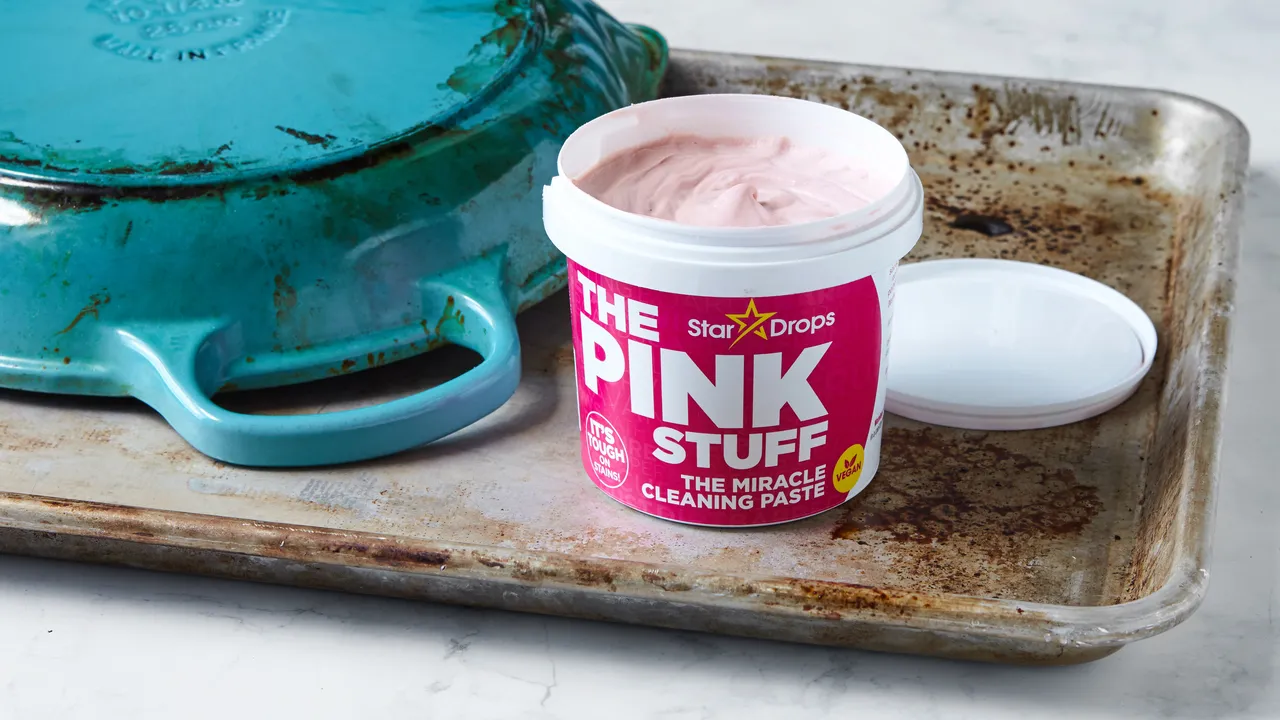
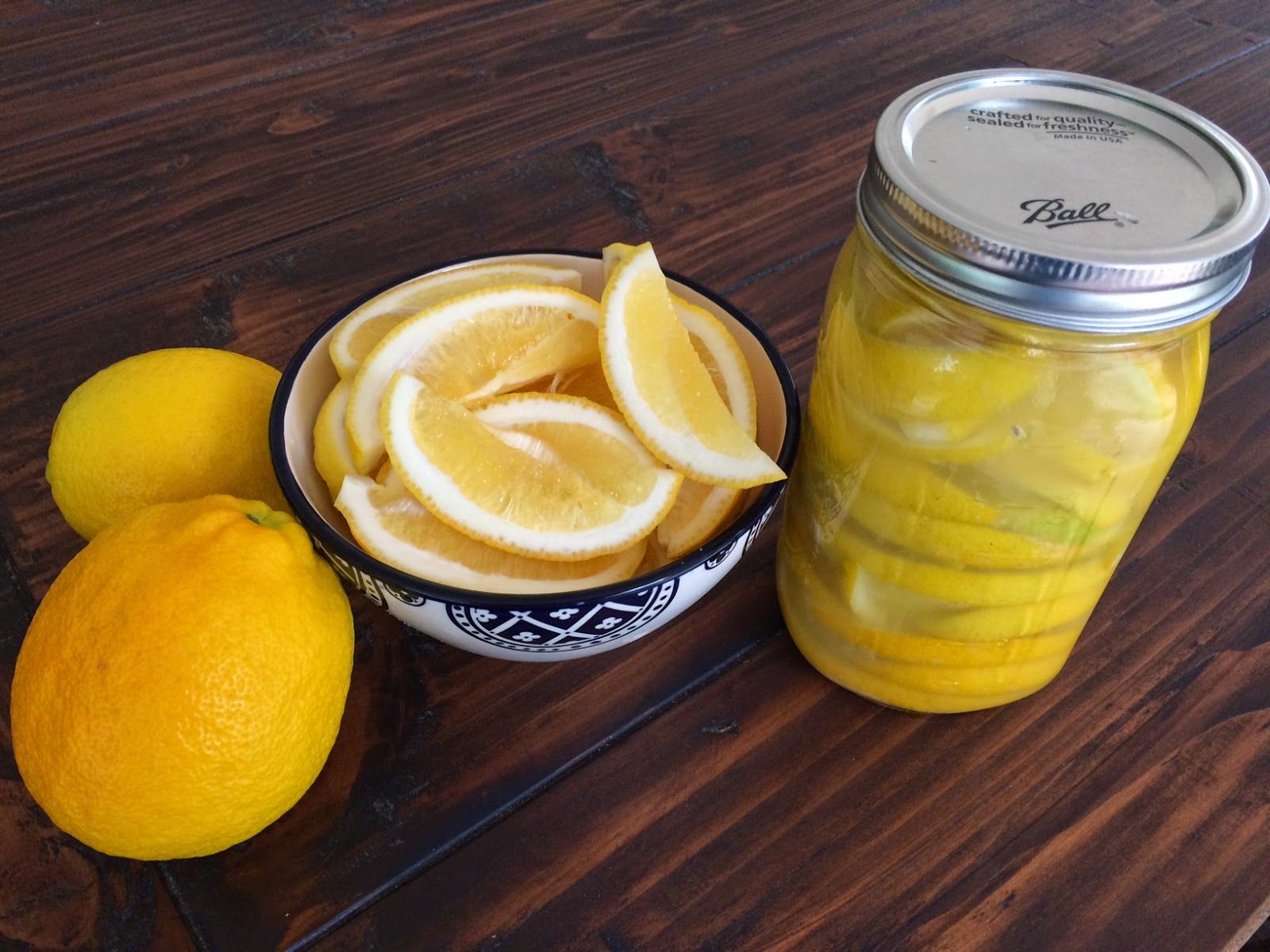
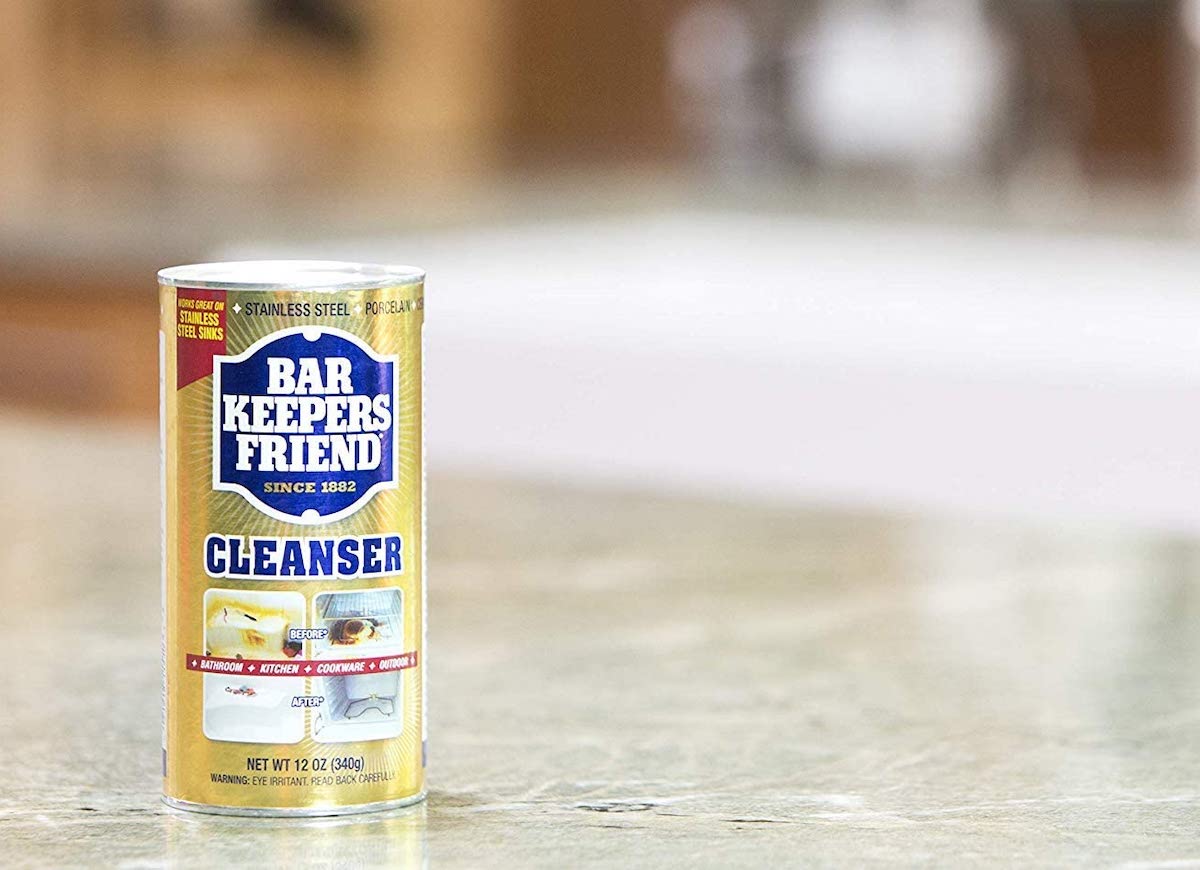
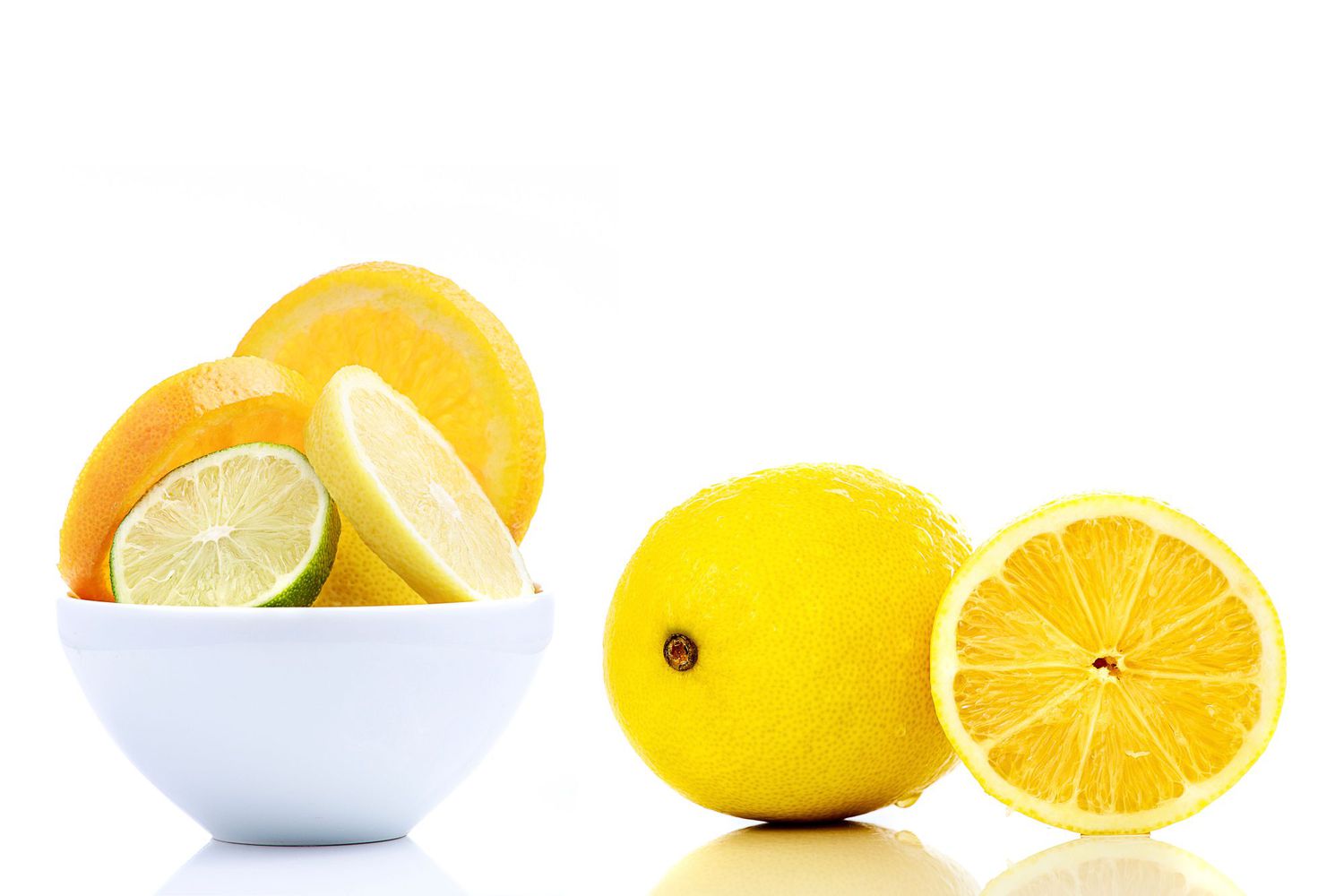
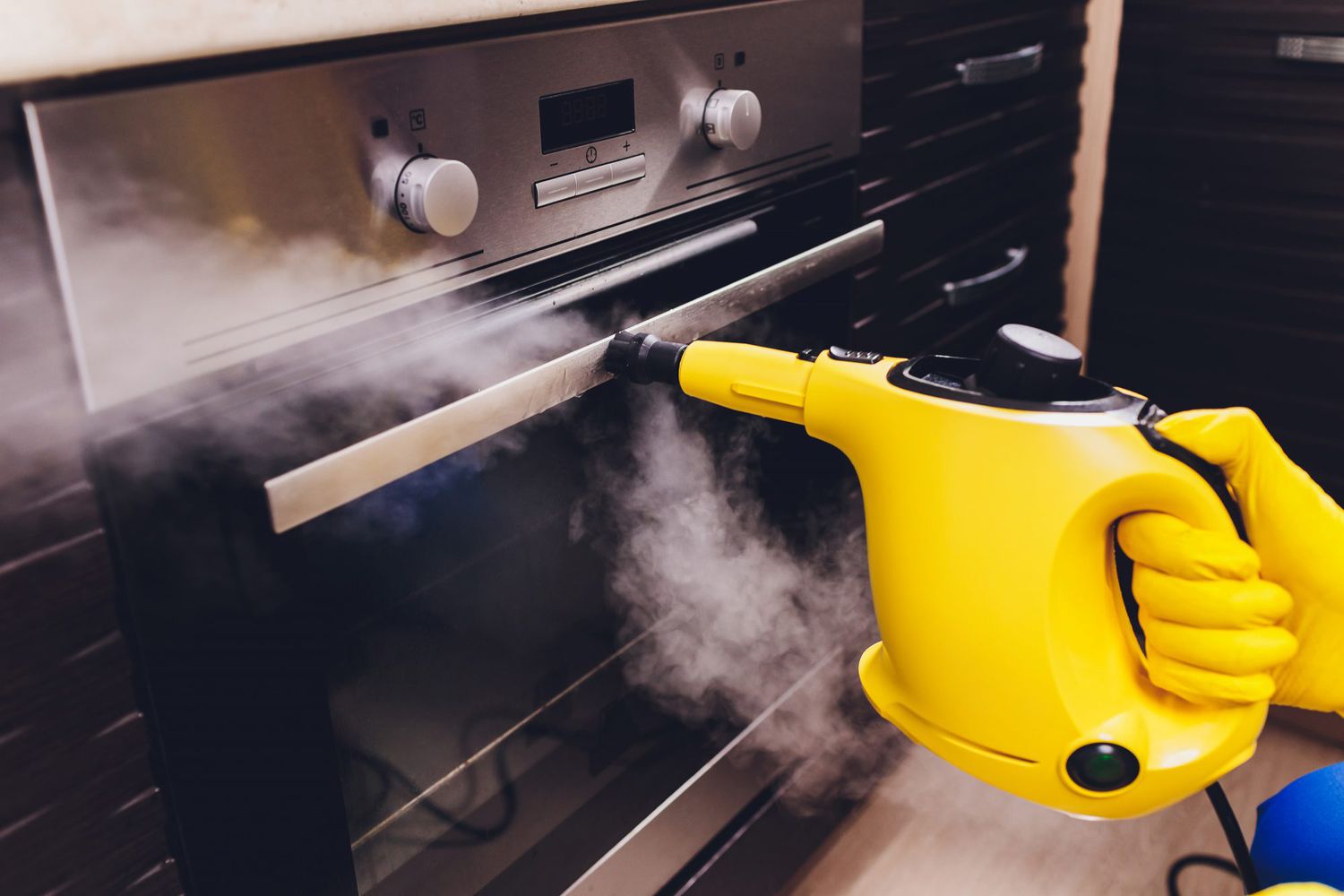

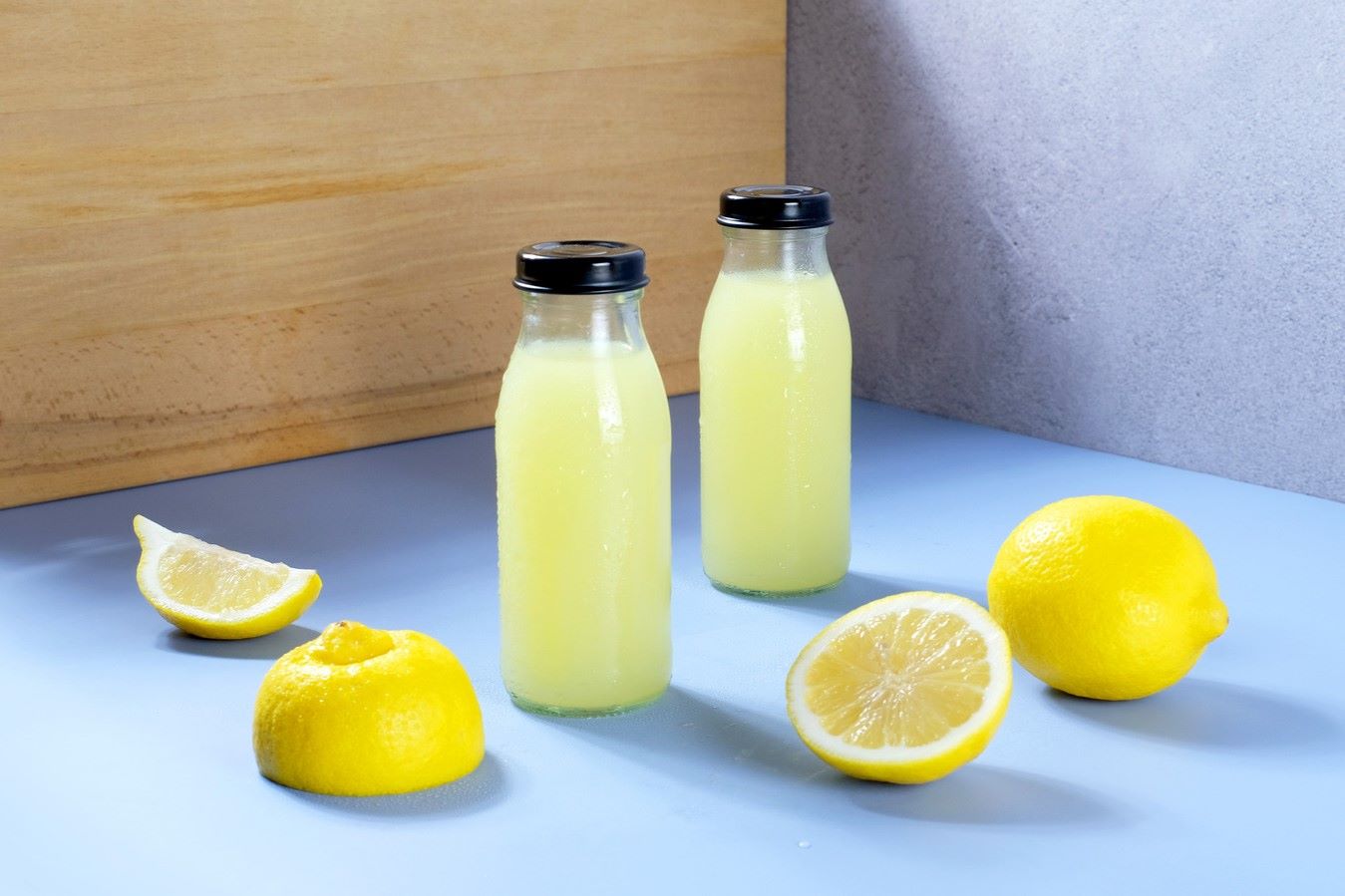
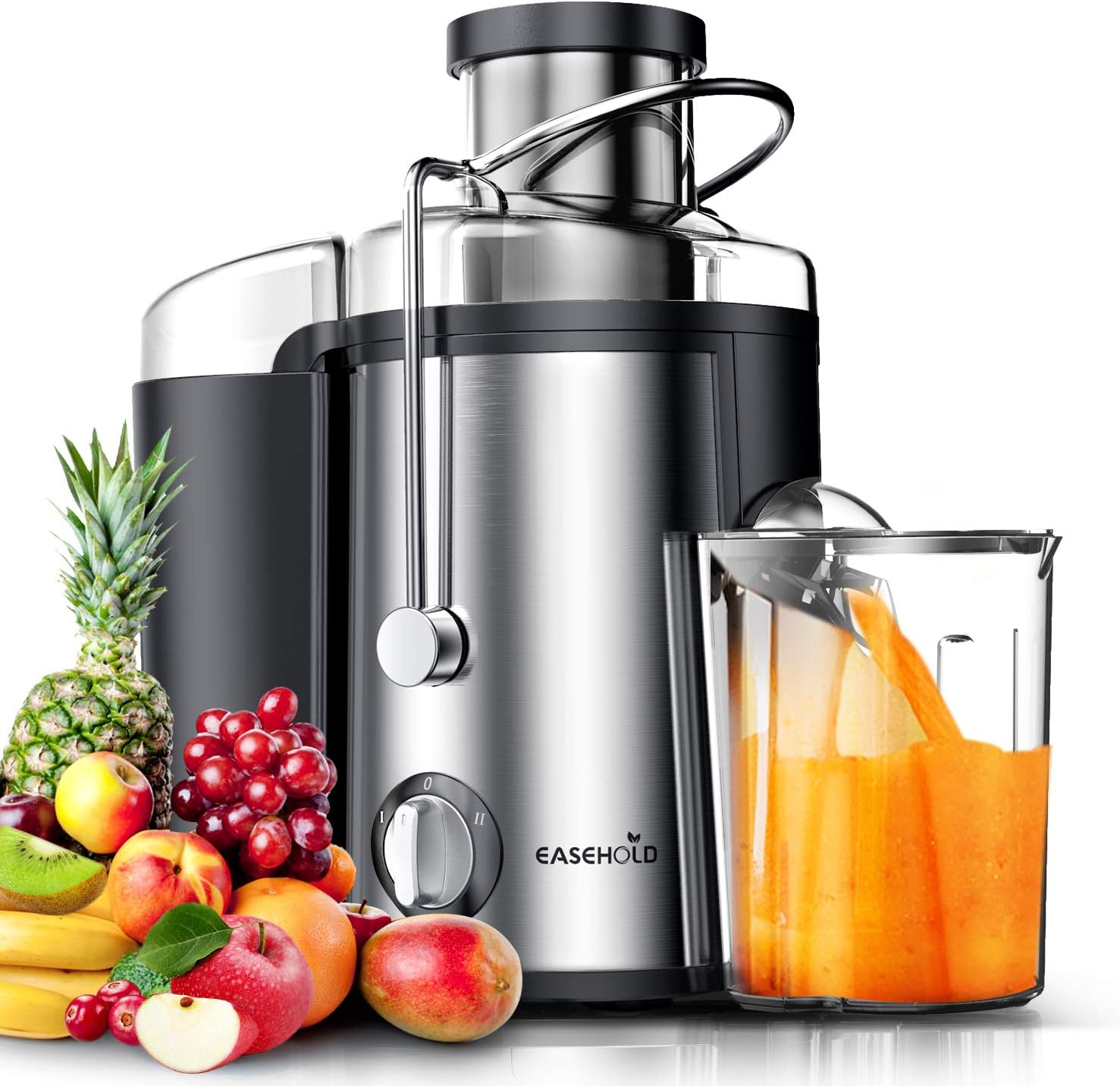
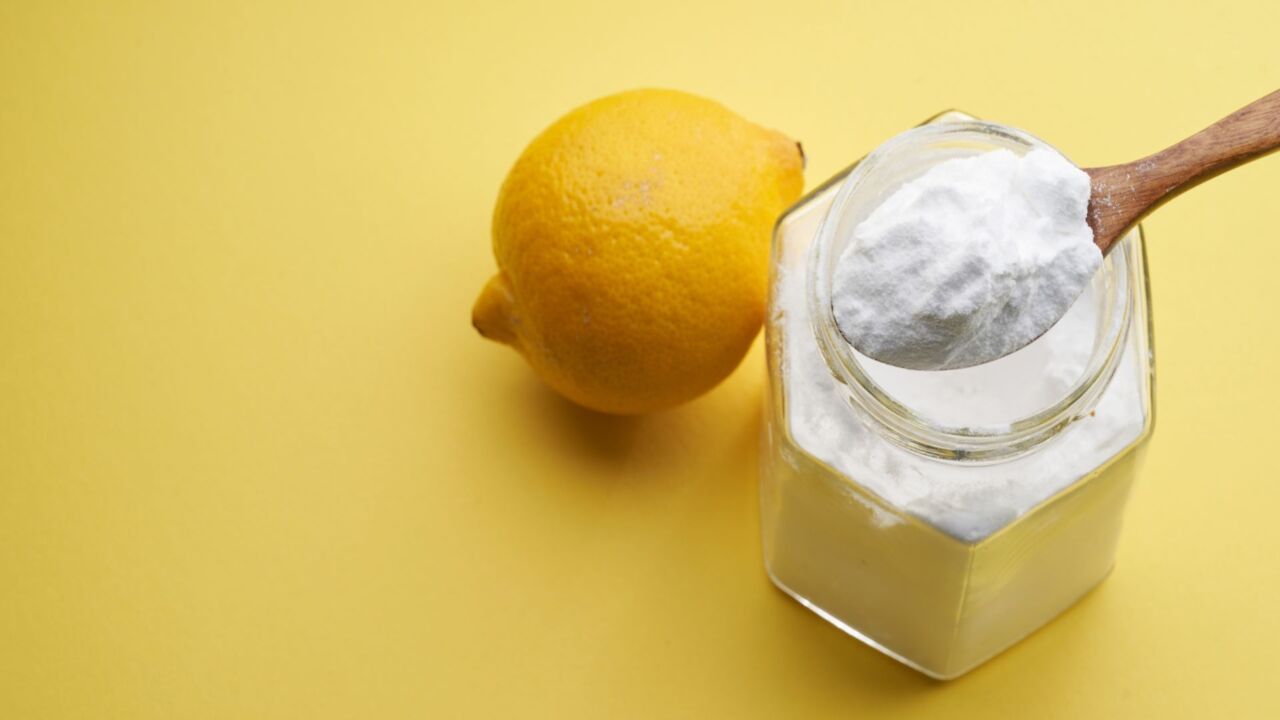
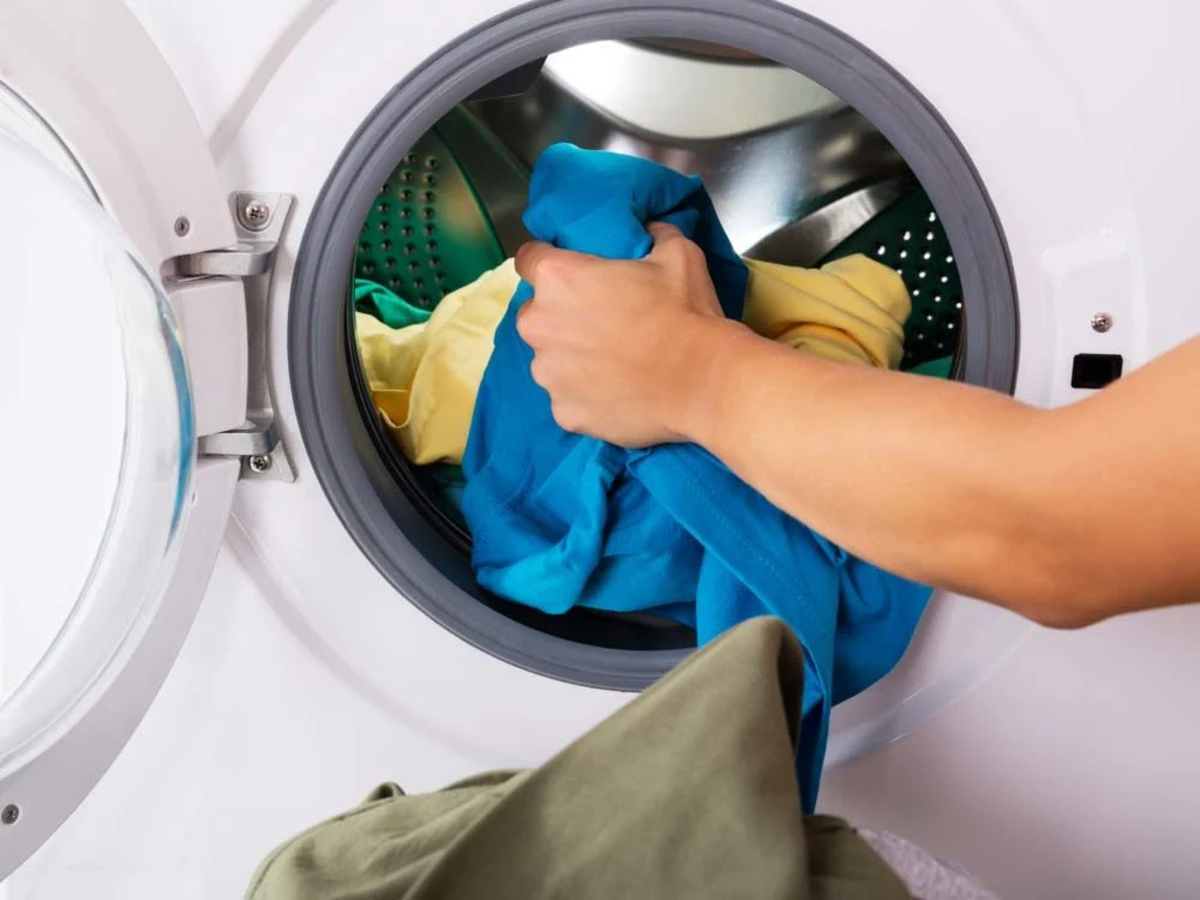
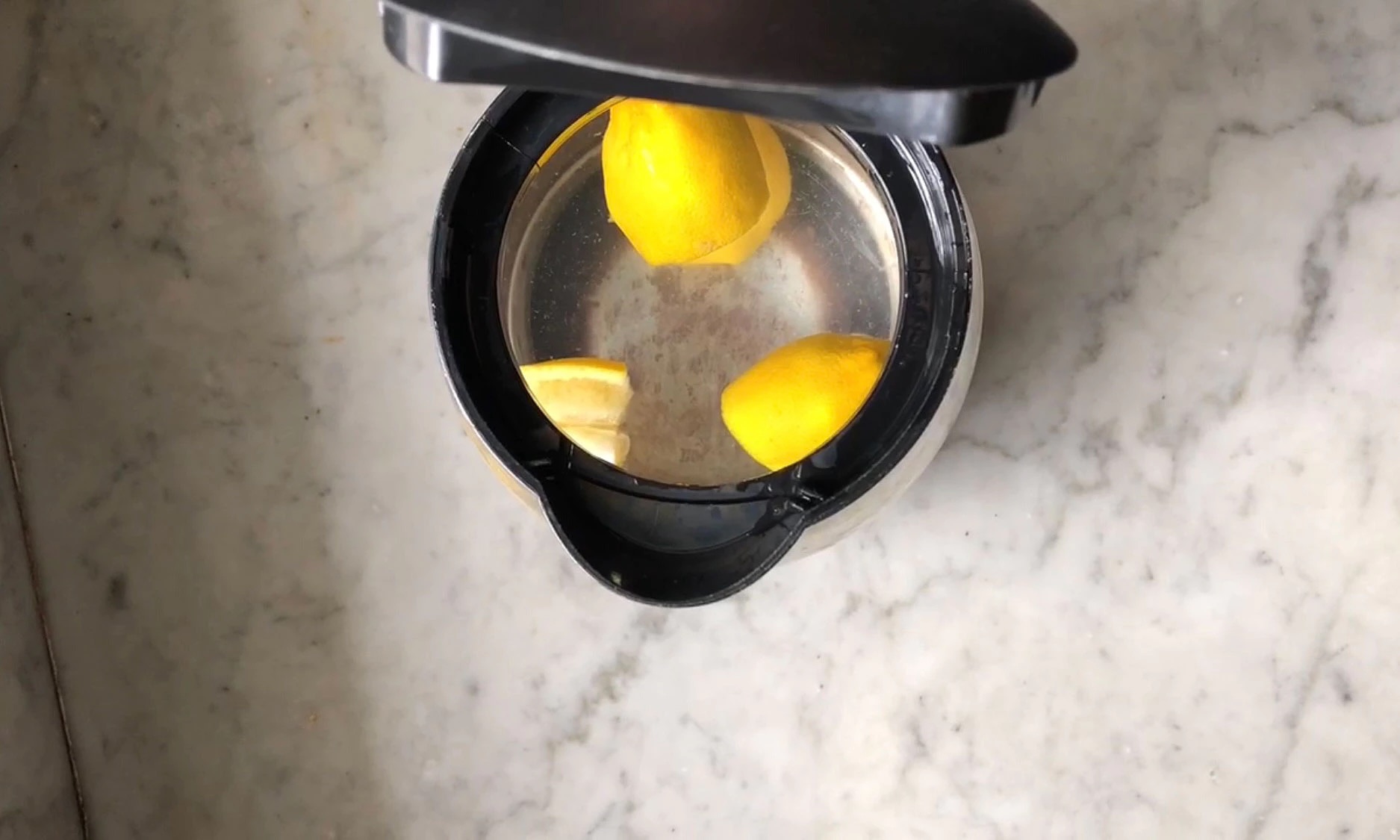
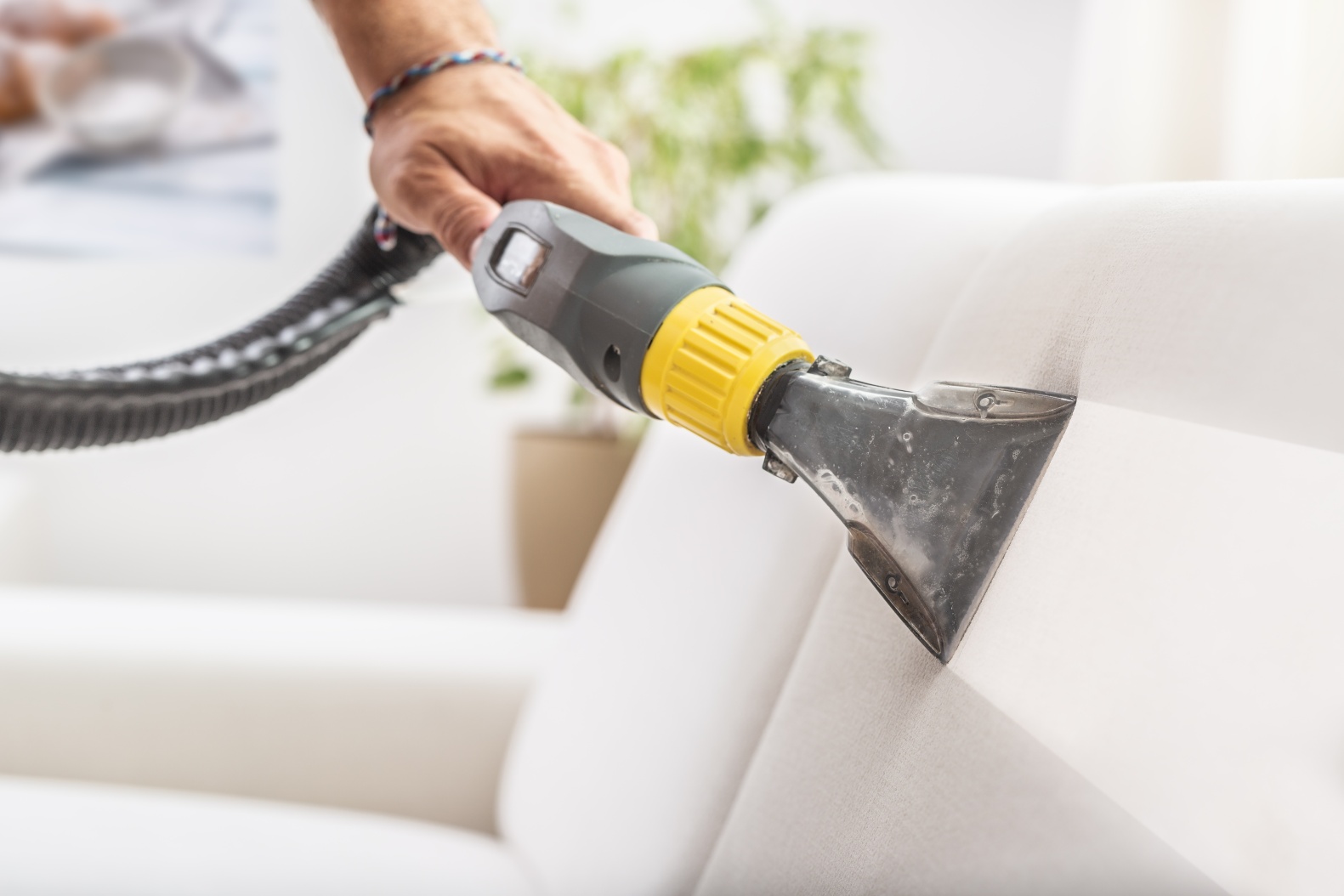

0 thoughts on “Cleaning With Lemon Juice: 12 Things You Can Clean With Lemon”